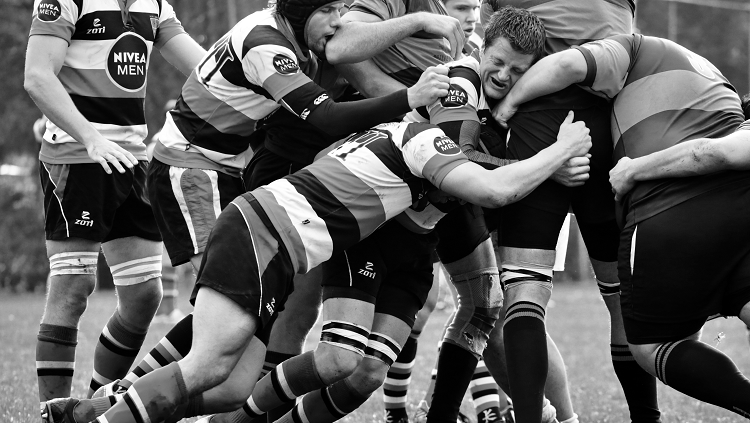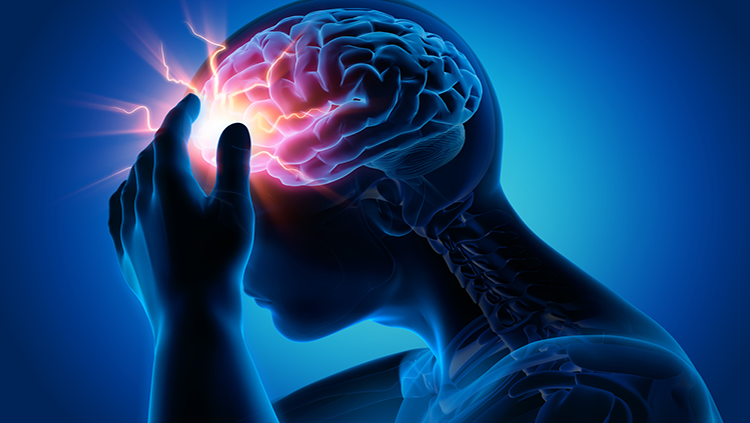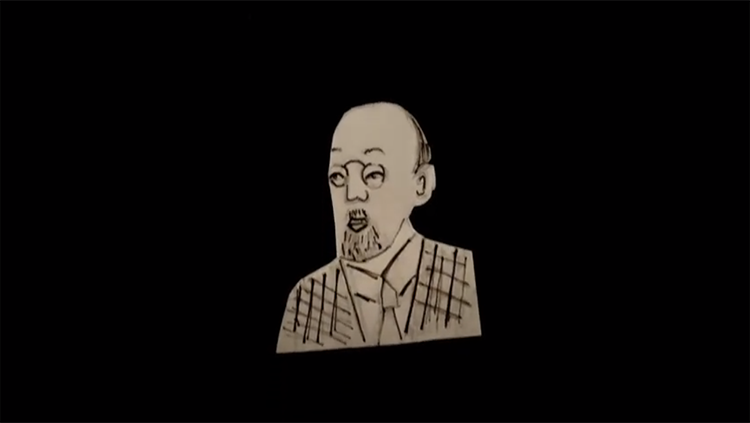Even When Mild, Young Brains Need Recovery After Traumatic Brain Injury
- Published18 Sep 2018
- Reviewed18 Sep 2018
- Author Katherine Igoe
- Source BrainFacts/SfN

Traumatic brain injury is a major cause of death and disability in the U.S., striking everyone from young athletes playing contact sports to elderly people who hit their head in a fall. Most TBI is “mild” – a concussion that causes a brief loss of consciousness – and not as damaging as “severe” TBI that results in extended unconsciousness or memory loss.
But research shows that even mild TBI can cause permanent brain changes in young adults – and that the damage worsens over time. Young brains don’t always recover in the areas controlling learning and fear. They also may reorganize themselves after damage occurs. Such reorganization can alter long-term brain development. The change won’t be apparent immediately because an initial brain scan doesn’t reveal the full extent of damage.
Scientists at The Henry M. Jackson Foundation for the Advancement of Military Medicine studied U.S. military personnel – a population that experience more TBI than civilians and is relatively young.
During a typical period of service, military personnel receive five to 20 minor blast injuries. And half of all U.S. troops are 25 to 34 years old, which is significant because neuroscientists now know that the brain continues to develop and generate new cells into at least the mid-20s. That means the military injuries affect some people while their brains are growing.
The Jackson Foundation scientists found that military personnel experienced increased anxiety and increased remembrance of negative memories instead of the fear responses and memory loss that is customary in people their age. “This is seeing the opposite of what you would typically see in a normal, non-injured brain,” says Alaa Kamnaksh, a research associate at the foundation.
Mild TBI damage may not look as severe to the untrained eye, which means it often goes untreated. Yet the impact can be far-reaching. Mild TBI can lead to mental disease, which makes early treatment essential.
For young athletes participating in contact sports this can be particularly important. Even when a young athlete doesn’t suffer a concussion, participating in a contact sport may result in head injuries that affect the athlete’s performance on and off the field in the short-term. Melissa McCradden, a neuroscience postdoctoral fellow, and her fellow researchers at McMaster University in Canada tested athletes who had experienced concussions and those who played rugby on a test of memory that is believed to be linked to the ability to form new brain cells.
In both groups, athletes did worse on memory tests after brain impacts – but the effects were not lasting. During the off-season, when the athletes recovered, their performance on memory tests went back up compared to their earlier scores “We hope this message encourages athletes to take the time they need to recover from sport,” said McCradden.
Nearly 330,000 people age 19 and younger were treated in emergency departments in 2012 for sports- and recreation-related injuries that included a diagnosis of TBI or a concussion, according to the Centers for Disease Control and Prevention. In the overall population, TBI contributed to 50,000 deaths 282,000 hospitalizations and 2.5 million emergency-room visits in 2013.
Neuroscience research is helping scientists and doctors understand the brain better. Data help predict how TBI hospital patients will recover. Researchers are working with brain-injured patients to locate consciousness in the brain. And female soccer players have been found to show greater and more long-term brain injury than men when they “head” the ball. Yet some athletes ignore safety. When professional football players know about the safety ratings of different helmets, they sometimes still choose to use helmets that protect less against concussions and increase the risk of chronic traumatic encephalopathy (CTE), a degenerative brain disease.
When safety measures don’t prevent TBI, what can help the brain recover? In addition to therapy and medicine, exercise appears to help. In addition, scientists are exploring stem cell therapies. Early findings by a team at the University of Miami’s Miller School of Medicine showed that human neural stem cells transplanted into rats’ brains after severe TBI can develop, preventing the injured area from expanding and even benefiting learning and memory.
CONTENT PROVIDED BY
BrainFacts/SfN
Also In Injury
Trending
Popular articles on BrainFacts.org


















